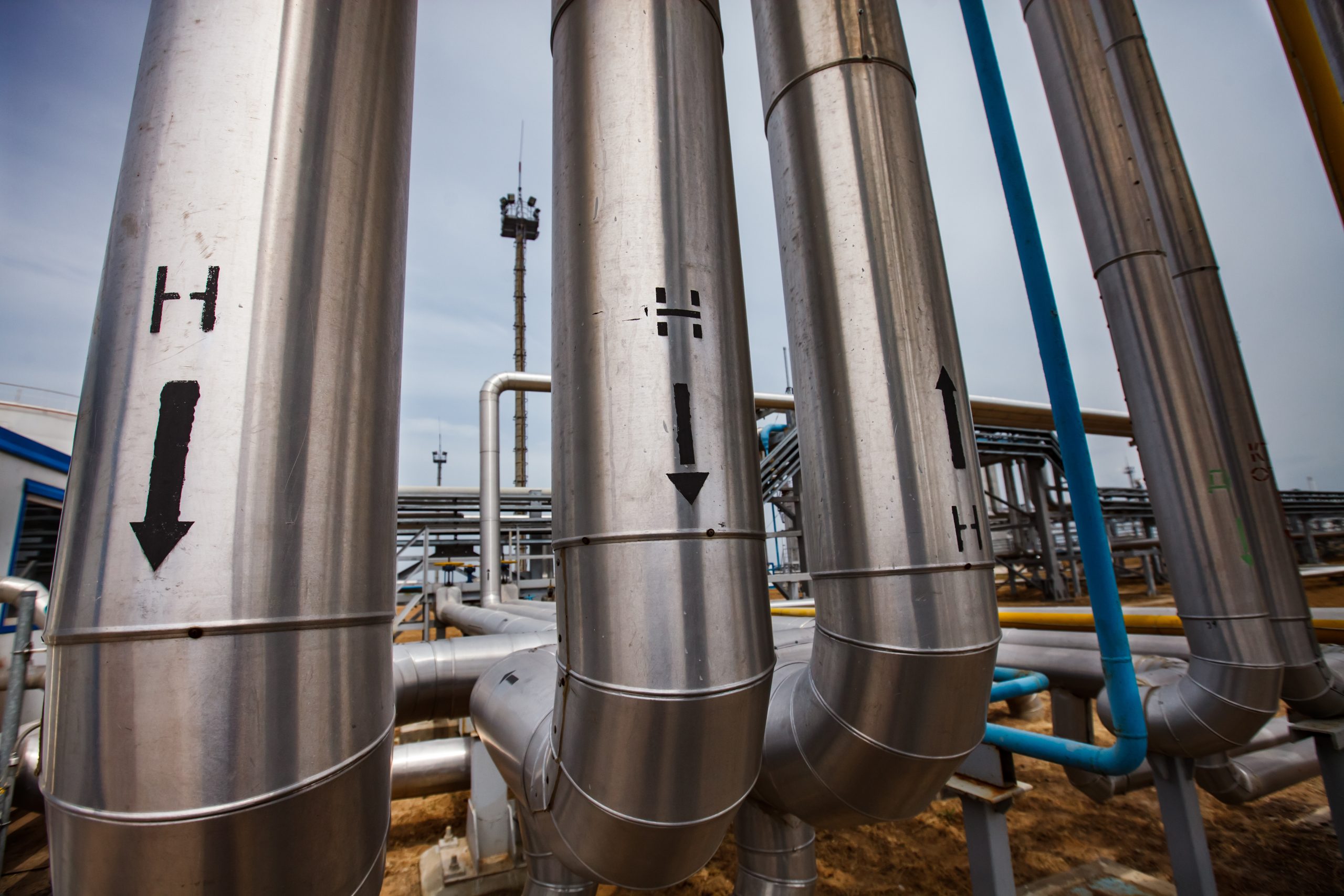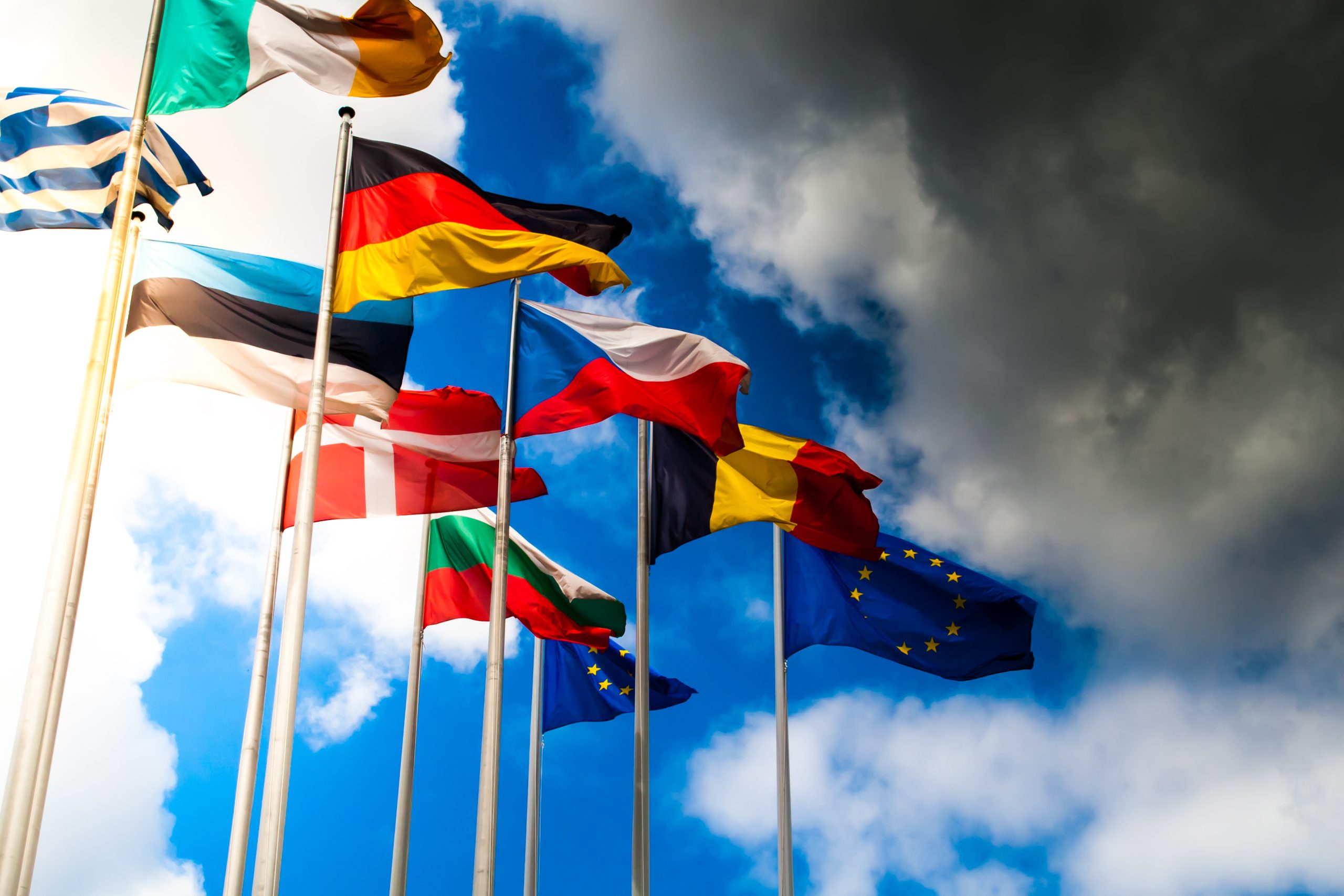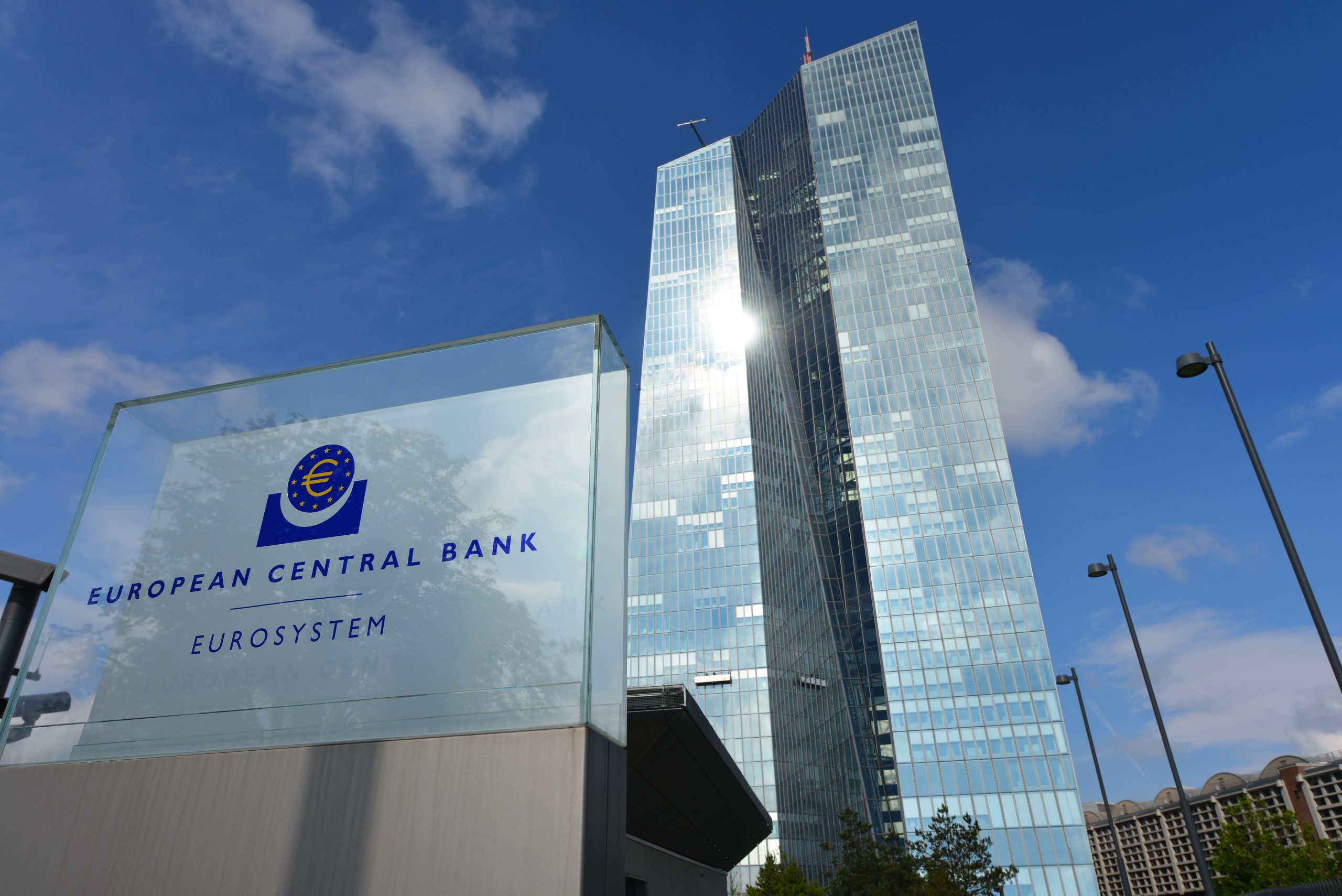Kurzeme Business Forum: Hydrogen Very Much on the Cards

On April 17, the Latvian port city of Ventspils hosted the Kurzeme Business Forum. It involved conversations about the Latvian wind park and the development of the hydrogen economy.
Last year, compared to 2022, the cargo turnover of Ventspils port decreased by 29.3% – a trend that remains. To replace the lost oil shipments from Russia, Ventspils is now looking at green energy, writes the Latvian news portal LSM.lv.
Latvia looks at new challenges, including the fuel of the future
“The city of Ventspils is currently in a difficult situation,” revealed Jānis Vītoliņš, chairman of the Ventspils City Council. ‘’We have to look at future challenges and new businesses. One of them is the production of renewable energy – the fuel of the future. It is not pure hydrogen, which in itself cannot be put anywhere. But it could be the next stage, the next product, which could be e-methanol.’’
Latvia‘s Minister of Climate and Energy Kaspars Melnis talked about the potential benefits of developing wind projects in Latvia for citizens, municipalities and entrepreneurs. Melnis emphasised: “To understand where we want to go, we must start with where we are”.
Last year, wind power generation capacity in Lithuania was 814 megawatts (MW), Estonia 317 MW, while Latvia only 133 MW. Melnis stated that in 2024 wind energy production capacity in Lithuania will reach 1288 MW.
“This is the potential we have if we talk about Latvia’s energy security in general,” said Melnis, emphasising that nothing is safer than producing energy ourselves.
Investors from different countries show interest towards green technologies
Speaking about the development of green technologies in the future, the minister mentioned his meetings with investors from different countries. Melnis sees a desire to develop green technologies. However, the basis for this will be cheap green energy.
Currently, the reserved capacity in the transmission network is 6046 MW, including 3582 MW reserved for solar energy, 1548 MW for hybrid power, and 880 MW reserved for wind energy.
“We are talking about investments in Latvia of more than four billion euros,” said Melnis.
At the same time, he emphasised that the investments don’t cover only the technologies not produced in Latvia. The designers, roads so equipment can be installed and new workplaces are also considered. The electricity produced will go into the Latvian grid.
Melnis believes that wind parks will contribute to the local community. He states it will financially benefit municipalities and residents.
However, the public didn’t share his optimism in the forum. Melnis dismissed their concerns over the need for proposed projects: “Latvia won’t build an infinite amount of power or an infinite amount of solar parks. The more we build, the lower the price of electricity will go. At some point, the investors realise there is no point in building.”
Byline: Reinis Alksnājs

